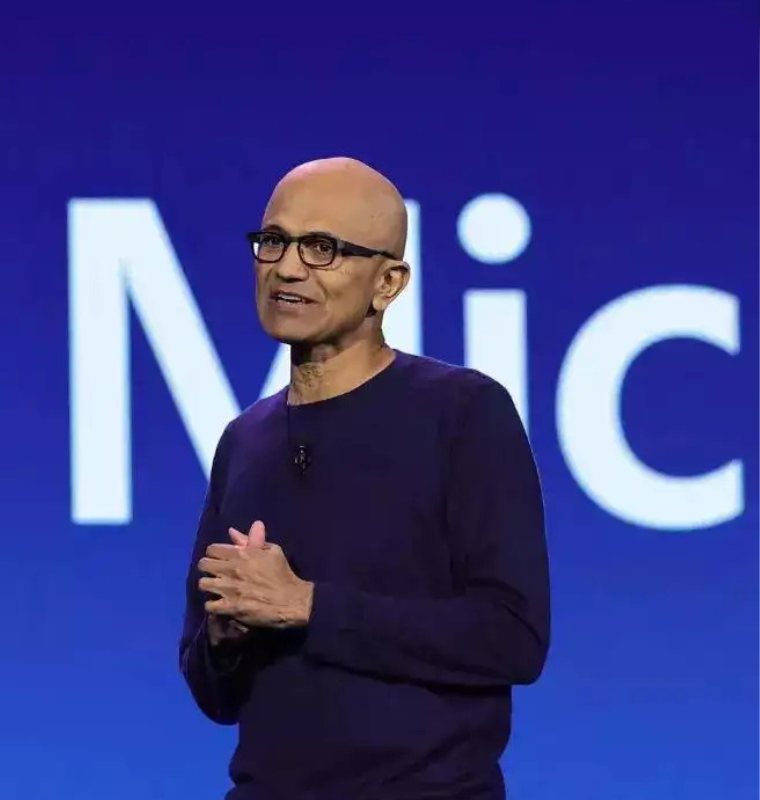New Trump Tariffs Threaten to Deepen Job Market Woes in 2025
New Trump Tariffs Threaten to Deepen Job Market Woes in 2025
By
Junia Wells
Last updated:
April 5, 2025
First Published:
April 6, 2025

The U.S. job market, already grappling with economic headwinds, could become even more volatile following the Trump administration's sweeping new tariff policies. With a 10% base tariff imposed on nearly all imports and even steeper rates on key trade partners like China and Mexico, the move is shaking corporate confidence, slowing hiring plans, and leaving job-seekers facing unprecedented challenges.
Tariffs Trigger Economic Ripple Effects
On April 1, the Trump administration unveiled one of the most aggressive trade policies in decades, prompting immediate reactions across financial markets and industry sectors. The Dow Jones Industrial Average fell over 1.3% in a day, manufacturing output slowed in states like Michigan and Ohio, and large U.S. firms began recalculating labor costs amid rising import expenses.
“This level of unpredictability is making it hard for businesses to commit to hiring,” said Debra Boggs, founder and CEO of D&S Executive Career Management, a firm specializing in executive-level placements.
A March 2025 survey by Deloitte of 400 CFOs found that 25% are now cutting back on hiring and capital expenditures, citing tariff pressures. The fear of further retaliation by trade partners is also fueling corporate anxiety.
Hiring Slows Despite Job Growth Headline
While the Labor Department reported an increase of 228,000 jobs in March, largely driven by health care and social assistance roles, economists caution that this growth is unlikely to sustain. Mischa Fisher, Chief Economist at Udemy, warned the numbers are "already outdated."
"Key sectors like information, finance, and manufacturing are showing tepid growth or outright stagnation," Fisher said. He also highlighted that nearly 280,000 federal workers have been laid off in recent months due to unrelated government cost-cutting measures, contributing to a hidden strain on the job market.
Rising Uncertainty for Job Seekers
Boggs notes a marked shift in hiring dynamics across the board. High-level candidates who once spent two to three months navigating interviews are now seeing processes stretch to six to nine months.
“We’re seeing seven, eight, even nine rounds of interviews become the norm,” Boggs said. “Some clients get all the way to the offer stage—only to see it revoked without explanation. That used to be rare; now it’s happening more frequently.”
Among her clients—executives, board members, and federal leaders transitioning to private roles—there’s growing concern that opportunities are drying up or being paused indefinitely due to contract cancellations or budget reviews.
Sector Breakdown: Where Hiring is Holding and Where It's Hurting
Industries with Stable Hiring:
- Health care
- Tech & Software
- Education (to a limited extent)
Industries Seeing Decline:
- Manufacturing: Particularly in automotive and electronics, as component prices soar due to tariffs.
- Alternative Energy: Wind and solar projects face delays as imported hardware becomes more expensive.
- Retail & Consumer Goods: Global supply chains are under strain, and many brands are freezing growth plans.
According to the National Association for Business Economics, 65% of retail and manufacturing companies have either frozen hiring or are actively planning layoffs due to increased input costs from tariffs.
Emotional and Mental Health Toll on Workers
The hiring drought isn't just a financial concern—it’s deeply personal. Boggs recounted a recent conversation with a high-level client who broke down in tears on the phone.
“When a candidate spends months chasing an opportunity and then loses it overnight, it’s devastating,” she said. “People are questioning their value, their future, and their ability to recover.”
She added that many candidates are stuck in a cycle: low confidence from repeated rejections impacts their interview performance, leading to more rejections.
Fear-Freezing the Labor Force
With limited opportunities, even those in stable jobs are reluctant to make a move. “No one is leaving if they don’t have to,” Boggs explained. This creates a stagnant labor market where few positions open up at the top, leaving middle and entry-level candidates with fewer paths forward.
For those already unemployed, the fear is even worse. “They don’t know if they’ll be out for three months or twelve,” Boggs said. “And this uncertainty feeds panic, which hurts their search.”
Looking Ahead: Is There Hope?
Many companies are waiting until Q3 or Q4 to make major decisions, hoping the economy stabilizes. But Boggs admits that she and her clients are flying blind.
“There’s no playbook for this,” she said. “It’s so incredibly uncertain and unprecedented. We’re advising candidates to go all-in—to polish their resumes, sharpen interview skills, and stand out in a competitive field.”
Meanwhile, economists warn that if tariffs continue to escalate—especially if retaliatory actions from China or the EU hit American exports—the job market may deteriorate further.
Global Context
Other countries are also watching closely. The World Trade Organization (WTO) warned that retaliatory tariffs from Europe and Asia could affect over $250 billion in U.S. exports. Economists at Goldman Sachs estimate that the tariff policy could subtract 0.6% from U.S. GDP growth in 2025, potentially tipping the economy into a mild recession.
Final Thoughts
The message for job seekers? Be prepared, be persistent, and don’t wait for perfect conditions. “Even in difficult times, there are opportunities,” Boggs said. “But you have to be ready to compete harder than ever before.”
Popular articles
Subscribe to unlock premium content
Inside the Hidden Empire Profiting from America's Most Vulnerable

The Future of Warfare: How Artificial Intelligence is Quietly Rewriting Military Power

The Future of Saudi Arabia: Building a Trillion-Dollar Vision in the Desert
.png)
Inside the Hidden Empire Profiting from America's Most Vulnerable

The Future of Warfare: How Artificial Intelligence is Quietly Rewriting Military Power

Inside the Hidden Empire Profiting from America's Most Vulnerable









